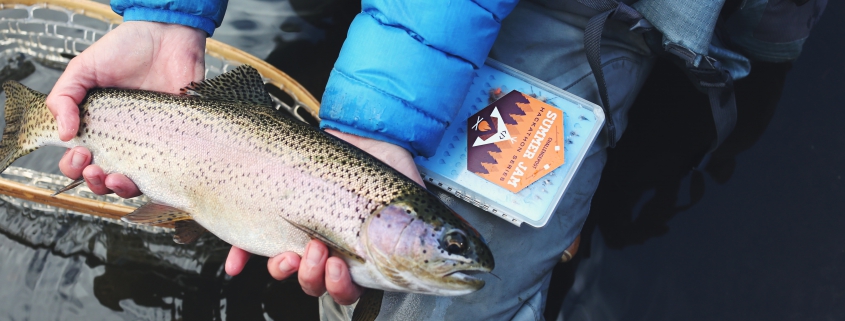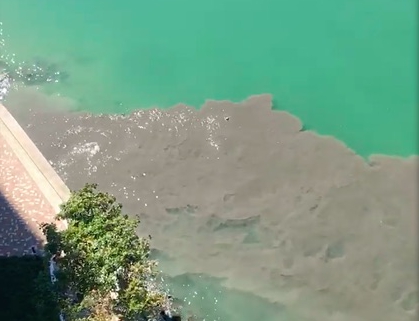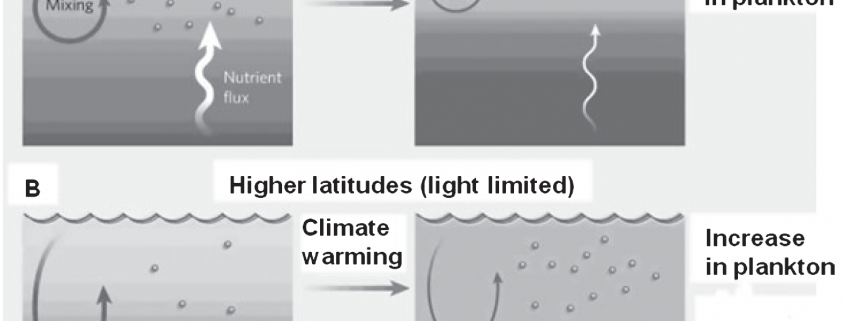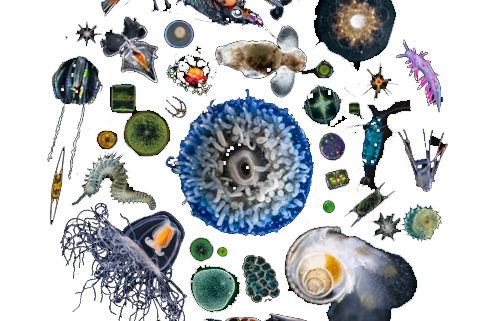Loss of North American Freshwater Biodiversity
By Chris Schenker, SRC intern Despite garnering less attention than their marine counterparts, freshwater species are diverse, important, and also under threat. Despite covering only 0.8% of the world’s surface and accounting for about 0.01% of the world’s water, freshwater contains at least 100,000 distinct species (Dudgeon et al. 2006). Comparisons to other environments are […]
Permeable Pavement Systems as a Mitigation Strategy to Combat Stormwater Outfall and Sea Level Rise
By Casey Dresbach, SRC intern The EPA defines stormwater runoff as that which is generated from rain events that flow over land or impervious surfaces, such as paved streets, parking lots, and building rooftops, and does not soak into the ground (EPA, 2018). This accumulation of water ultimately ends up in coastal waters, but upon […]
A microscopic organism with a macroscopic impact: How climate change is affecting harmful algal blooms and what this means for future generations
By Carolyn Hamman, SRC intern Phytoplankton are photosynthetic microorganisms that exist in both marine and freshwater environments. There are several different types of phytoplankton each with their own unique preferred environmental parameters and strategies for growth. For example, some phytoplankton (called coccolithophores) use calcium to create protective plates they use as a defense mechanism (Beaufort […]
A Summary of Acoustic Tagging and Juvenile Salmon Acoustic Telemetry System Program in the Northwestern United States
By Brenna Bales, SRC intern Before the existence of satellite and acoustic tracking technologies, the most we knew about a certain marine species’ range was from either visual observations or catch data. By developing these systems and scientists cooperating globally by sharing their data, we have learned that some “tropical” species like tiger sharks are […]
Migration Dynamic of Juvenile Southern Bluefin Tuna
By: Julia Saltzman, SRC Intern Large-scale migrations are crucial to many different marine species. In southern bluefin tuna, this life history trait is critical for sustaining their valuable fisheries, and as such there are many scientific research programs designed to monitor the management of the species. Telemetry technology (remote tracking of spatial locations and movements) […]
Climate Change Induced Trophic Amplification Declines Planktonic Biomass
By: Delaney Reynolds, SRC Intern Plankton, including phytoplankton and zooplankton, make up 99% of all marine life and form the base of the food web. Phytoplankton undergo photosynthesis, much like plants do, and thus their growth and population size are dependent on availability of nutrients and levels of light. Zooplankton feed upon phytoplankton and thus […]






